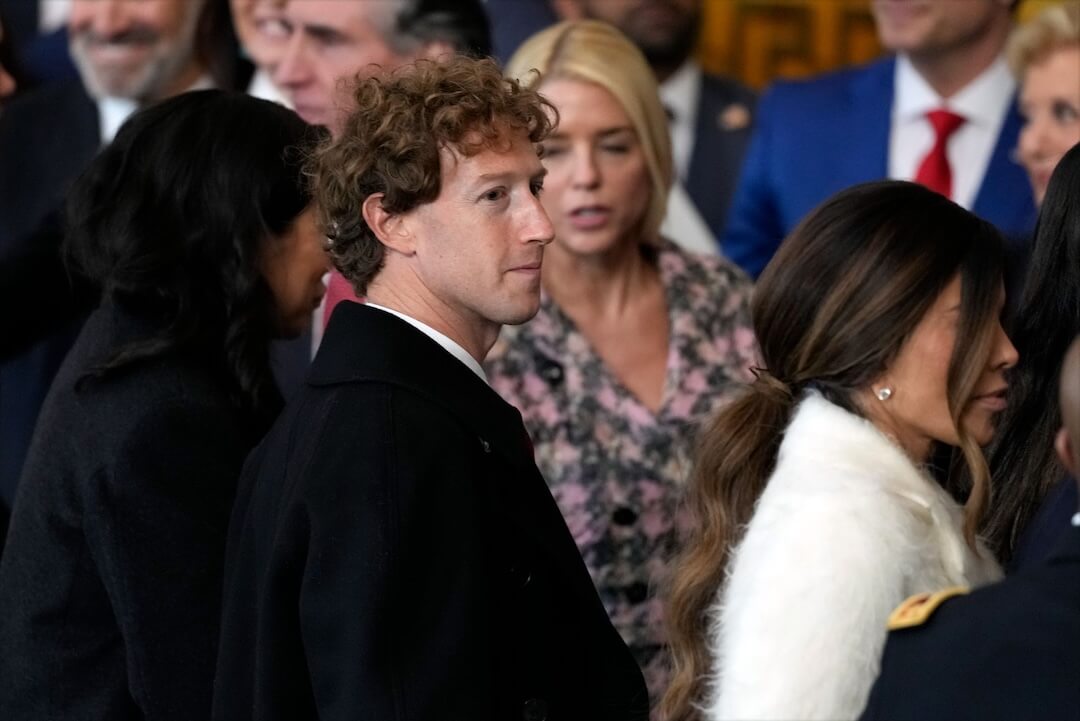There is a growing, loosely organized network of people who want to create new forms of media. Some are journalists looking to break back into work that they were forced to give up. Some are journalists looking for their first break after not finding enough opportunities in legacy newsrooms. Some are community activists who understand the power of media.
I spent four days recently at the Journalism That Matters conference in Detroit and had some a-ha moments in regard to journalism careers. One of my a-ha moments was that just as media monopolies nationally and locally are crashing, so is the idea that traditionally schooled journalists have a monopoly on ideas.
A lot of smart people, it seems, have an idea about what the news can and should be like. I think it still takes people who have some training or experience in journalism to help bring those ideas to their best result, regardless of medium. But it has become dangerous, I think, for journalists to stay in the echo chamber, listening only to one another.
The most interesting conversations I heard were with people who were, in some ways, furthest from journalism. They support journalism and are curious about it and did not hold themselves above it, as I have seen some journalists do to people in other career paths.
One of the more enlightening moments was when Helen Fu, a staff attorney with the Citizen Media Law Project at Harvard’s Berkman Center for Internet & Society, asked me what we mean by “reporting.” I told her that the act of reporting — digging and talking to real people — sets original journalism apart from content that is merely recycled.
When she asked how we choose our subjects, I found myself admitting that sometimes, in this most important act that sets journalism apart from all the rest, we too often succumb to the pressures of deadline or time efficiency and choose the source who is closest, easiest or most like ourselves.
Ingeborg Endter, a consultant in media and technology at MIT’s Center for Future Civic Media, thought Detroit would be a good place to grow a site where people share stories about heroes. Of course, she is right. The journalists in Detroit know that heroic acts occur against great odds every day of the week in Detroit, but they are tough to find, and most don’t get the attention they deserve.
And I had my mind opened by Christina Xu, outreach coordinator with the Center for Future Civic Media and by Latoya Peterson, the new editor of Racalicious.com, who says she takes “a hip-hop feminist and anti-racist view on pop culture with a special focus on video games, anime, American comics, manga, magazines, film, television, and music.” (Peterson is also one of Poynter’s sense-making fellows.) I met them at the first night’s dinner and learned that they are big into gaming — an activity about which I know next to nothing. I decided to see what they would come up with.
Xu, Peterson and a handful of us spent most of two or three days envisioning how video games could teach people to do journalism. Their ideas revolutionized the way I think about my own teaching and make me want to tear up things mid-semester and start over again.
The bottom line for me: If journalists want to have successful careers moving forward, we need to get with some smart journalists from outside the mainstream who have been looking at the news media in nontraditional ways and hear what they have to say.
It’s just a whole lot smarter than grabbing the most convenient sources — the people next to us in the echo chamber — and asking them what they think. It was too bad that more people from the mainstream media didn’t attend Journalism That Matters. They would have contributed something, and they might have learned so much more.
Coming Friday: Conventions are investments in your career.





